Sometimes games are more than the sum of their parts, ascending to a level where they become a landmark event—a moment in time when everything stands still, and nothing else around you matters. You remember playing them for the first time alongside cherished childhood memories and life-shaping events. Despite being an indie title from a small team, Tchia is most assuredly one of these games, carving out its own whimsical identity while offering you a world you can quite happily lose yourself in for dozens of hours.
Related: When is the release date for Tchia?
Seafaring, transformation, and collecting
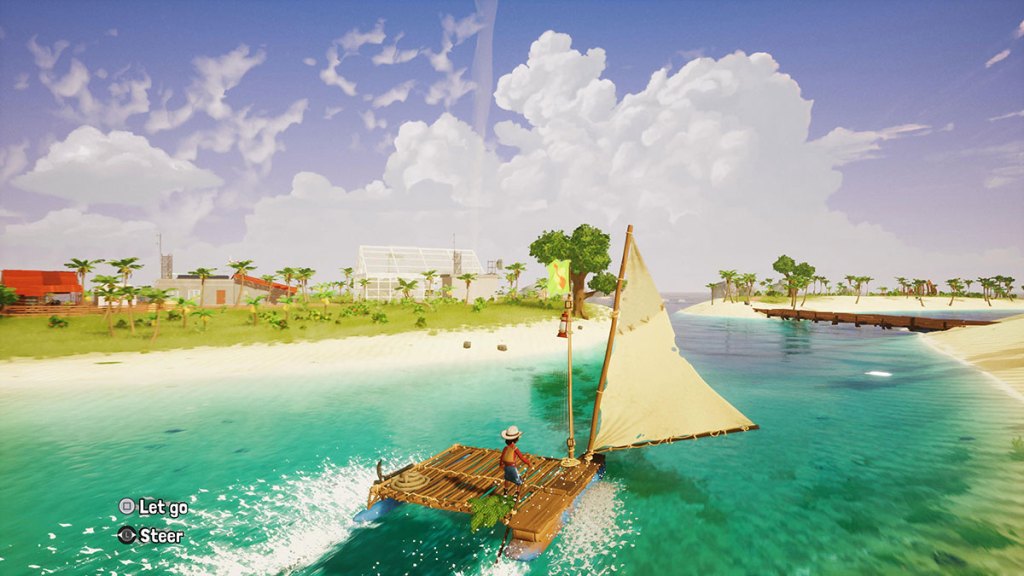
The first time you load up Tchia, you’re told that this is a game inspired by New Caledonia. The team behind it wanted to take everything they loved about the country and present it as an interactive package that highlights its best elements while also tackling an enjoyable story with deep game mechanics. On every level, it’s a success. However, the game’s story does get off to a rather slow start — so slow that I’m concerned that many players will be put off before they get into the meat of it.
You play as the titular Tchia, a young girl who lives on a tiny islet with her father. After completing a few tasks that act as tutorials for the game’s mechanics, you see Tchia’s world gets turned upside down. Her father is kidnapped, and she wakes up with a close friend on a makeshift island. From there, you’re handed a raft and sent out into the big, wide world.
The visuals are cartoonish, but Tchia doesn’t limit itself from exploring serious themes. This is a coming of age story that reflects Tchia’s own innocence as it progresses. It starts out slow and lighthearted, becoming grotesque by the end as Tchia’s view of the world is muddied by reality, and she tries to see the light through the darkness.
Similar to the real-world location it’s based on, Tchia’s game world is massive and varied. The two main islands are split nicely between tribal and rural groups of people living in small wooden houses and a giant city that occupies most of the second island. It’s there that the game’s main villain lurks, and the world design does a great job of adding to their oppressive presence. The people really are the stars of the world, making it feel full even though there are vast expanses of open space with nothing but animals to keep you company. Tchia is a great example of world design done right in this sense, with some of my favorite moments being interacting with locals and meeting a sentient group of wooden carvings that live on an island made of coral.
Lean yet so fulfilling
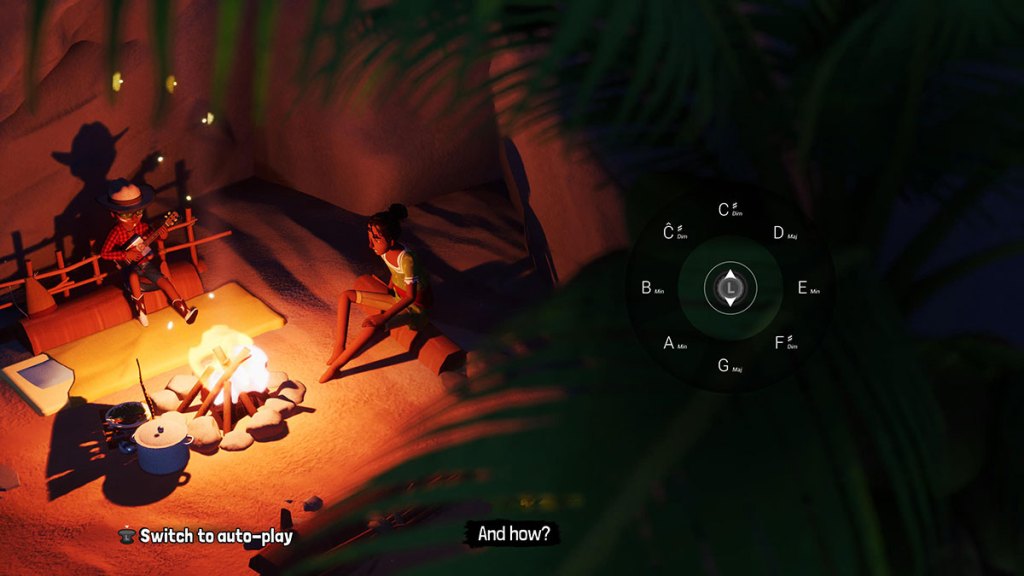
Two of my favorite things to do in Tchia are races and playing music. The races see Tchia possess all manner of beasts and blocky objects and pass through checkpoints within a time limit. They’re super zany and make use of the game’s insane mechanics in ways that just feel fun. There’s no point to them outside of hitting 100%, but they allow you to answer all those niggling questions like, “how fast can a rock roll around these mountains?”
Music, on the other hand, is at the heart of Tchia in so many ways. The aforementioned rhythm games can be frustrating because they mostly use a radial UI similar to the guitar in The Last Of Us Part 2. While you can skip all of them, these rhythm games highlight more of the country’s culture and are another element that’s just fun on a level you don’t see much of in games today.
Another way music plays into the game is through Tchia’s ukulele. This is an item you can pull out at any time, and the songs have magical effects. Aside from making me point and scream Windwaker at my monitor, the ukelele can summon animals to possess, weapons, and change the time of day. This is one of the ways you can see Tchia laying its inspirations bare for all to see, but the mechanic is also intrinsic to completing the game.
Yes, it does feel just as powerful and special as it does in that Zelda game.
Over the course of the 15 or so hours I spent with Tchia, I didn’t come anywhere close to grabbing every collectible or unlocking every upgrade, yet still managed to get a taste of everything on offer. That’s the beauty of this game. The core story is easy to push through without it feeling bloated, so much so that you want to engage in side activities to make it last longer.
Related: The 10 best The Legend of Zelda songs – Best Zelda music
A slow burn to a strong finish
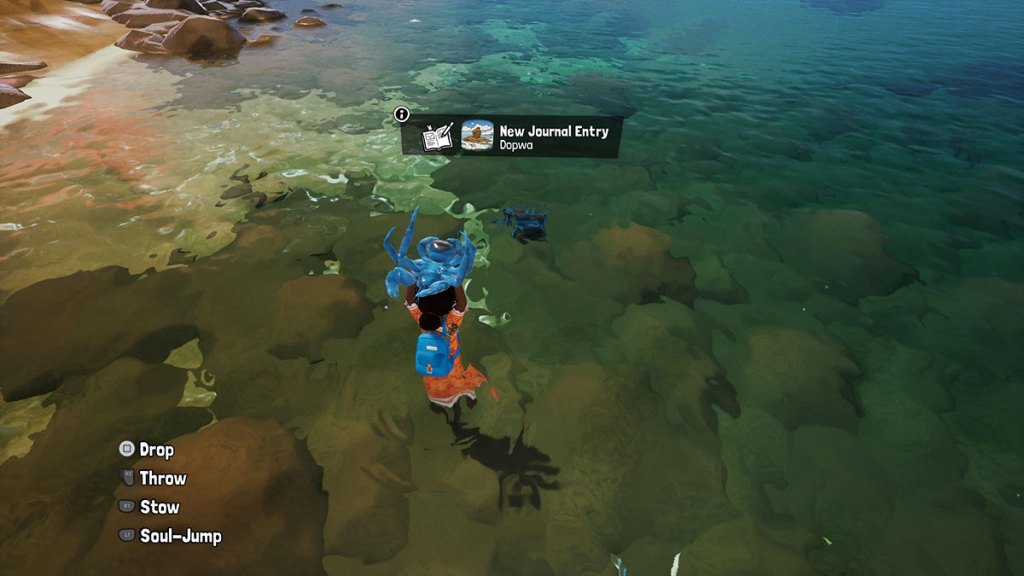
Sadly, the game’s slow start has you completing what feels like fetch quests for most of the first few hours. These are important because they explore the cultures of New Caledonia brilliantly, but they’re a hindrance to the game’s pacing when all you want to do is be let loose with all the mechanics you’ve learned. That does come later, but not until the game decides to let you off the leash.
The unfortunate pacing of the early game is also when you’ll be struggling to get to grips with Tchia’s map. It doesn’t show your exact location, though you can find it at signposts around the world. This makes it difficult to navigate at first, but you soon master the country even if you don’t know where you’re going. As long as you follow your compass, you’ll get to where you need to, and while the lack of a map icon does make Tchia more immersive, it’s more annoying than anything else.
During this starting section of the game, you’ll learn how to sail easily around every island, improve your stamina by eating Stamina Fruit, gather the collectibles that will be important for progression, and master shapeshifting. Tchia has a special power that allows her to inhabit most objects and animals and control them for a short time. Once you’re well-versed in how Tchia moves, you can possess a bird, fly above a location, jump out, fire off a few shots with your slingshot, and then escape as the bird or using another object like a rock, throwing yourself over any walls.
Every aspect of Tchia can be enhanced through minigames and collectibles. There are hundreds of these scattered around New Caledonia, but there’s never any pressure to seek them all out. One feature I love is that Tchia’s story closes with an endgame state that revamps the world, giving you an excuse to explore more and hit 100% completion.
Doing combat Tchia’s way
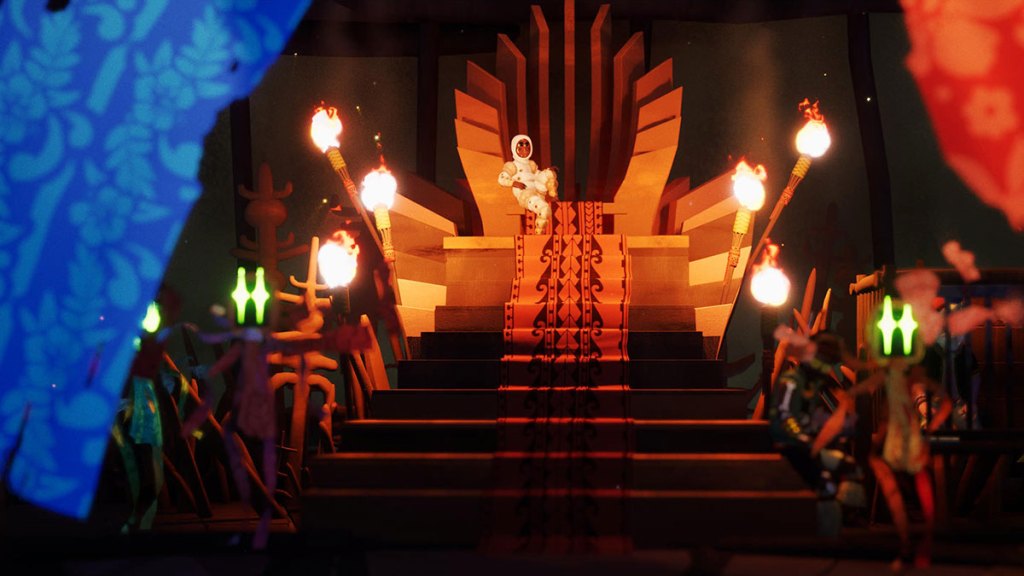
Related: The 10 best cel-shaded games, ranked
By the midpoint, Tchia feels like a Zelda game in all the right ways, thanks to the fact that you start to regularly have enemies to avoid, master, and attack. Tchia seems like a game that will actively avoid bloodshed and dark undertones early on, but that all goes out the window the moment the main antagonist gobbles down a live baby.
Something that surprised me is that there’s a boss fight in the game, but it’s very much a Tchia style of boss fight. Instead of a bullet sponge you need to sink attacks into, you’ve got to solve the most challenging puzzles in the game and destroy your enemy from within. It’s the absolute opposite of the game’s start, giving you exactly what you wanted and cementing that journey you’ve just been on as one you’ll hold onto for a very long time.
Dive right in and stay just under the surface
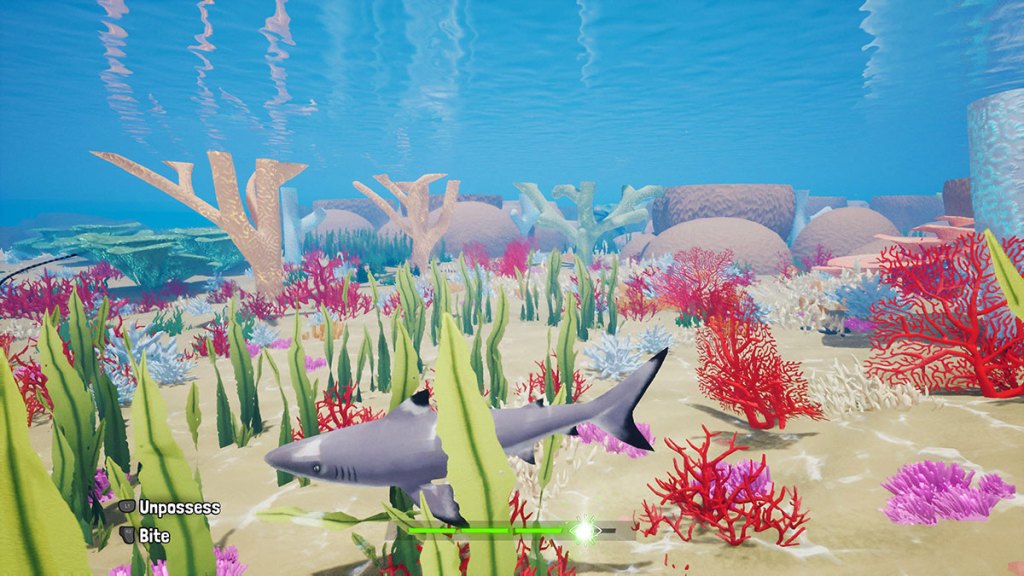
It’s been such a long time since I’ve played a game like Tchia, but I can’t stress enough how much I enjoyed exploring the world and story through the lens of the mechanics. It’s got all the ingredients of a great open world game, with none of the filler. You pick the next activity, you explore the world at your own pace, and you decide how much you do or don’t want to engage with every part of New Caledonia.
The version of the game I played had some visual bugs and crashes, but the developer has been very hot on producing updates, and even worked with me to fix up an issue that seemingly only I was experiencing. I have no doubt that from day one, Tchia will be in a great state to play, but may still require future patches to make it perfect.
Tchia is like diving into a warm, clear ocean. You can see so much that’s amazing around you, a whole world you want to be part of and can feel immersed in by doing nothing more than looking. It’s not going to occupy you for hundreds of hours, and it’s not going to revolutionize games as we know them, but that’s okay. If you let it, this experience can enrich your life in ways few things can.
Final Score:
8.5 / 10
| + | A huge world to explore that doesn’t hold you by the hand. |
| + | An uncompromising vibe that keeps the game happy and lighthearted all the way through. |
| + | Solid mechanics that are incredibly fun to play around with. |
| – | Navigation is deliberately unclear and will frustrate many. |
| – | A few bugs, glitches, and crashes marr the otherwise great overall experience. |
Gamepur team received a PS5 code for the purpose of this review.

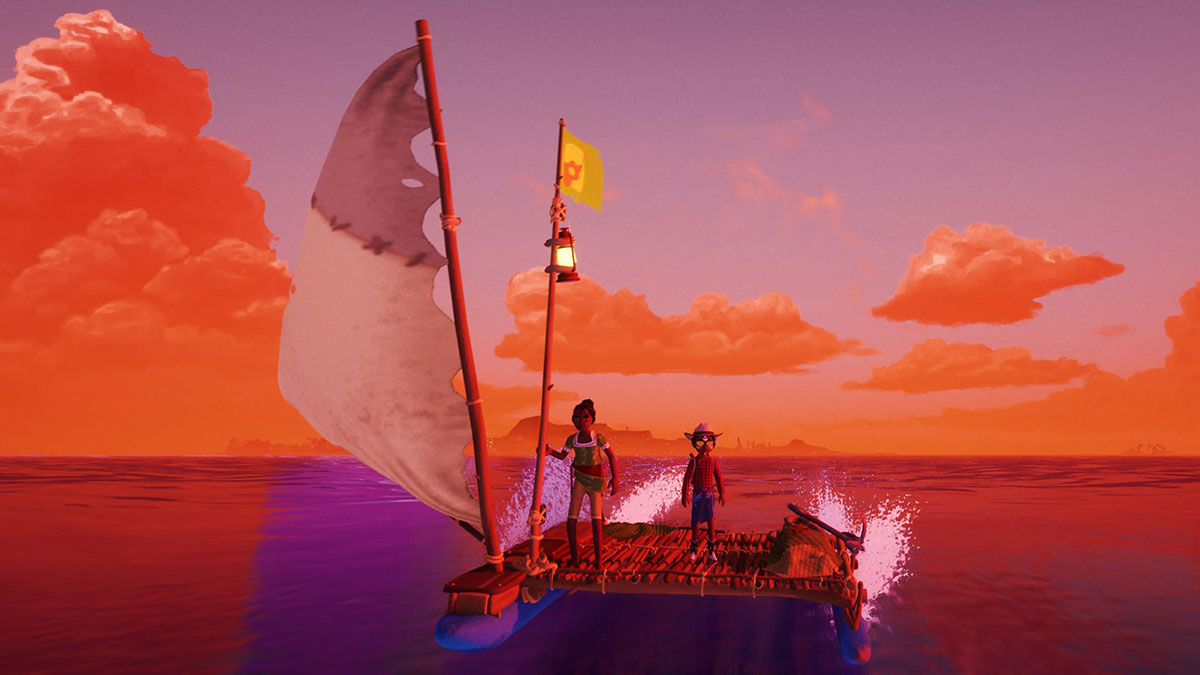
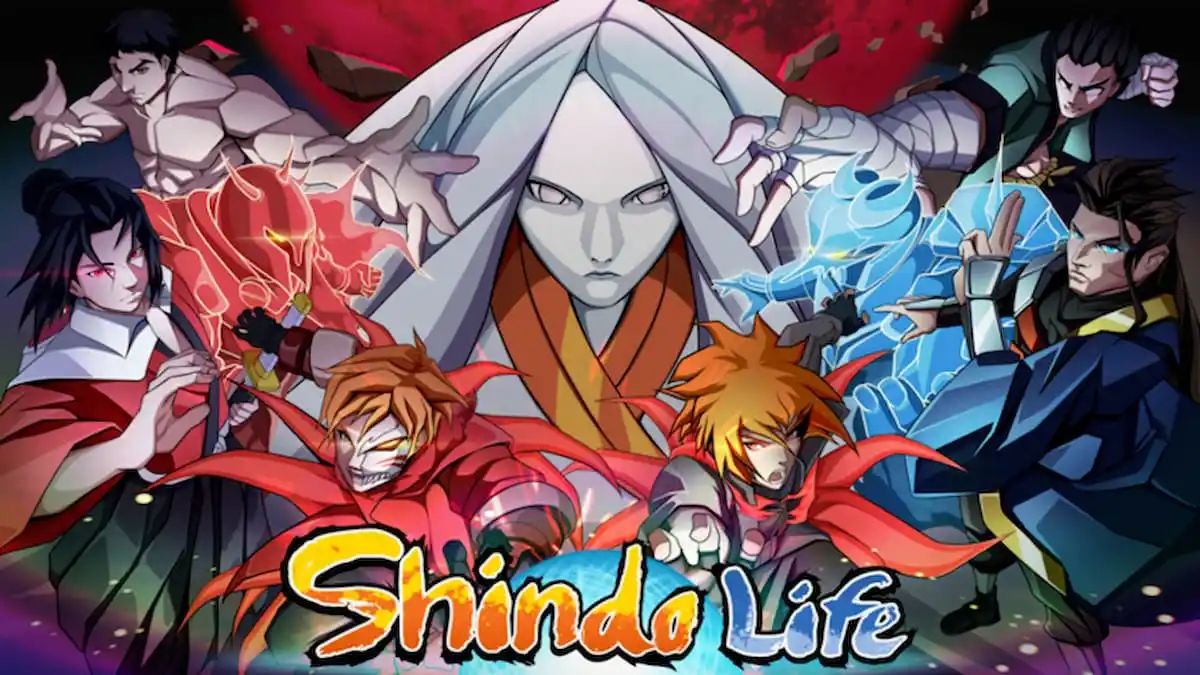
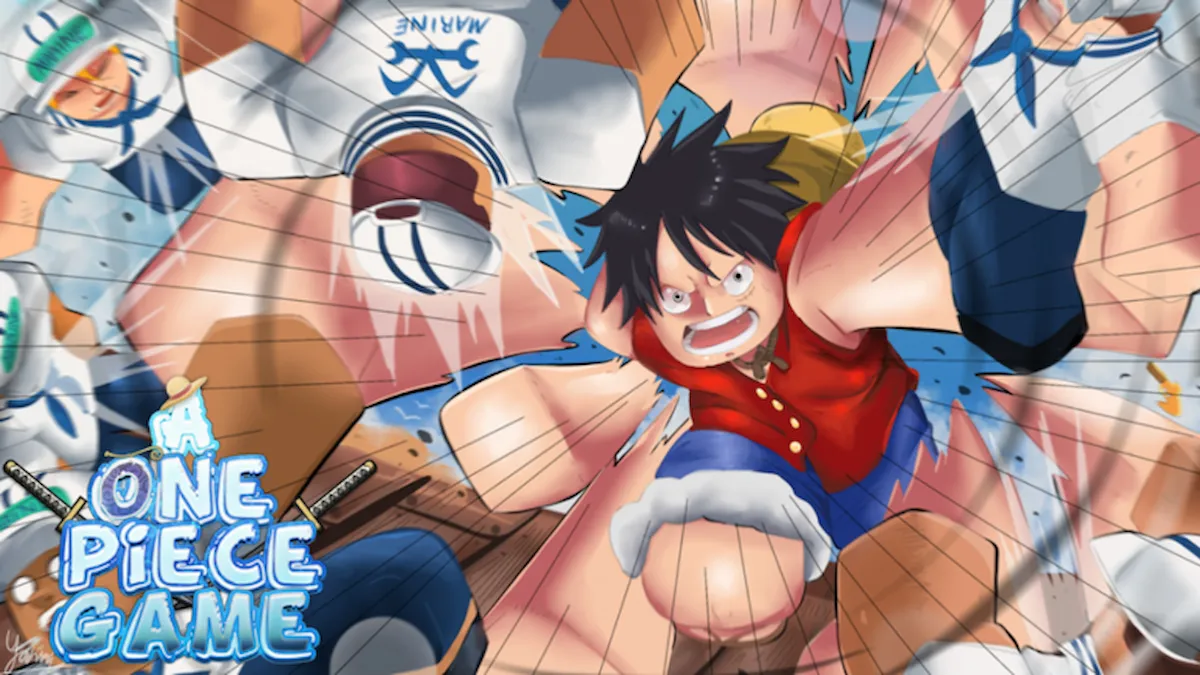
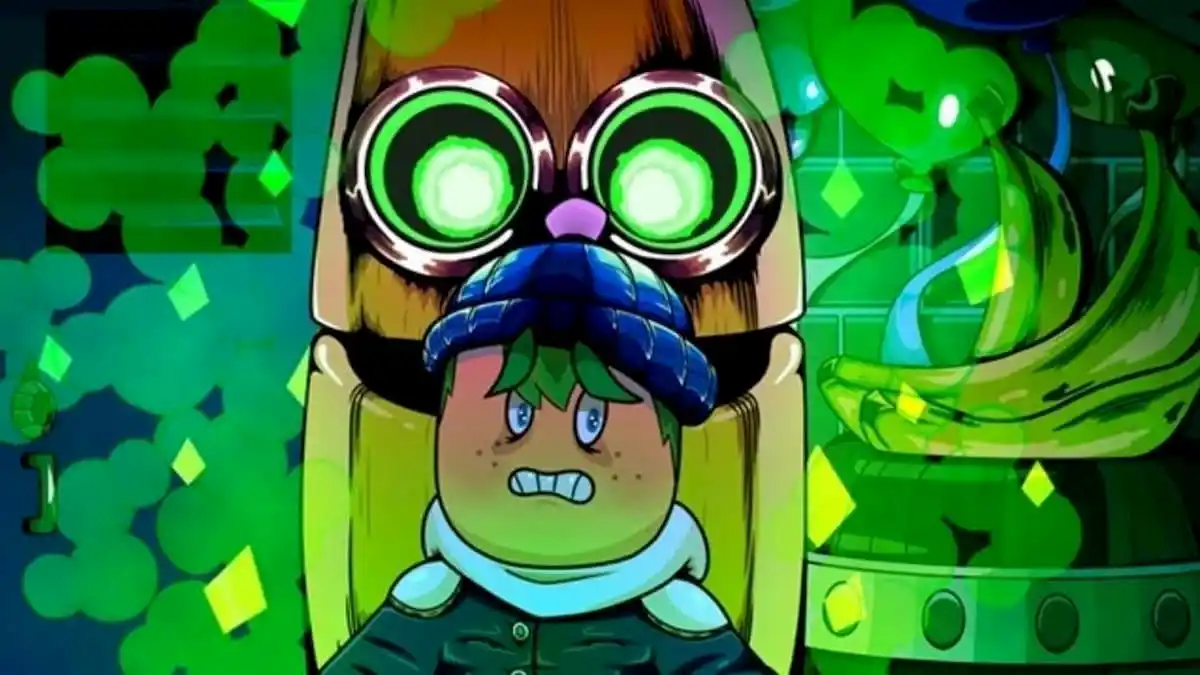
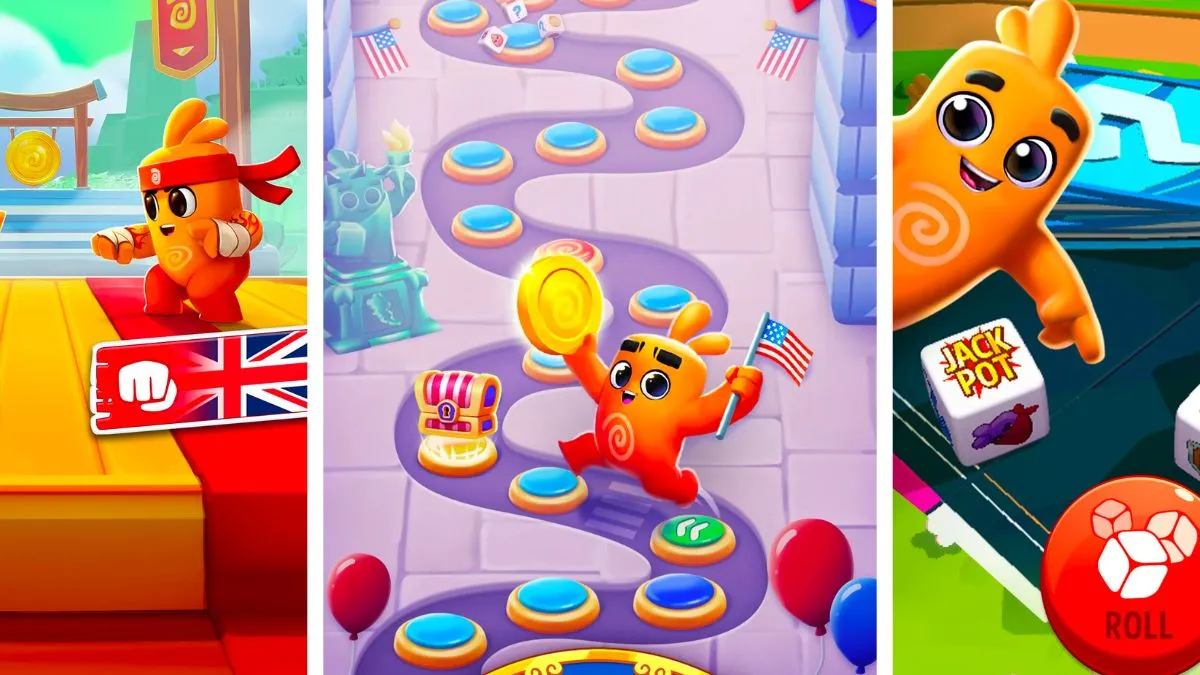
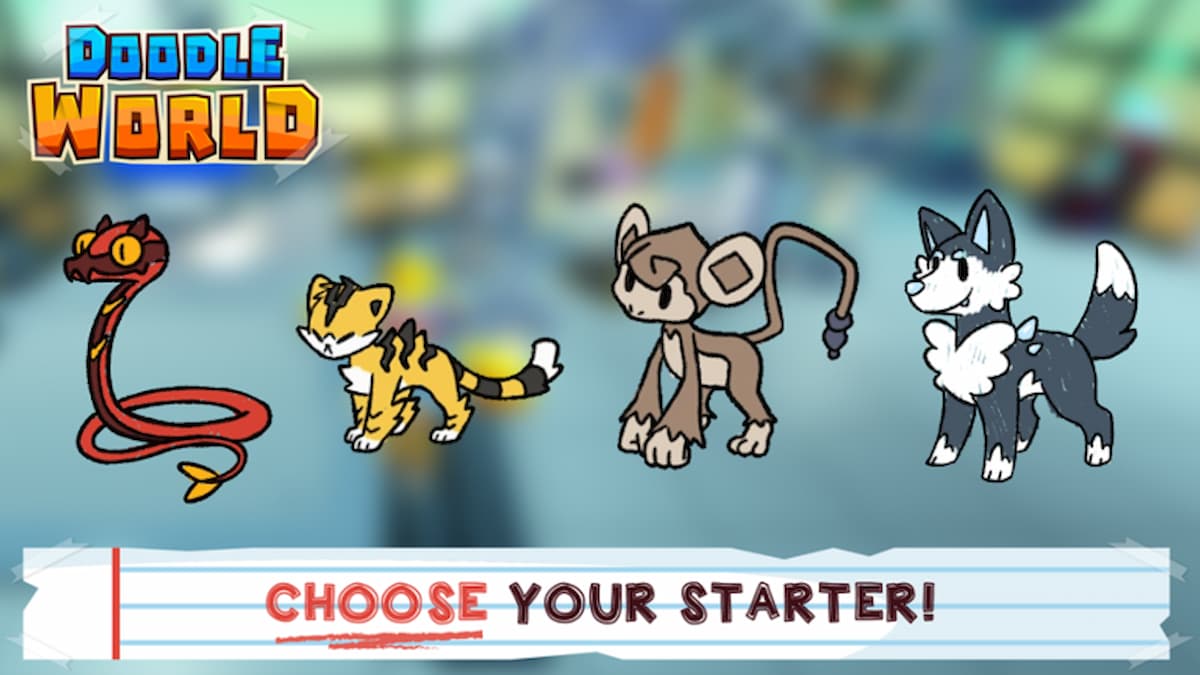
Published: Mar 20, 2023 12:00 pm